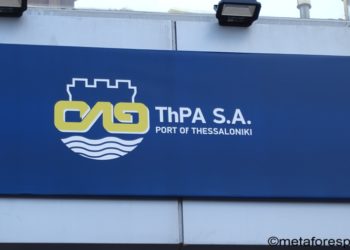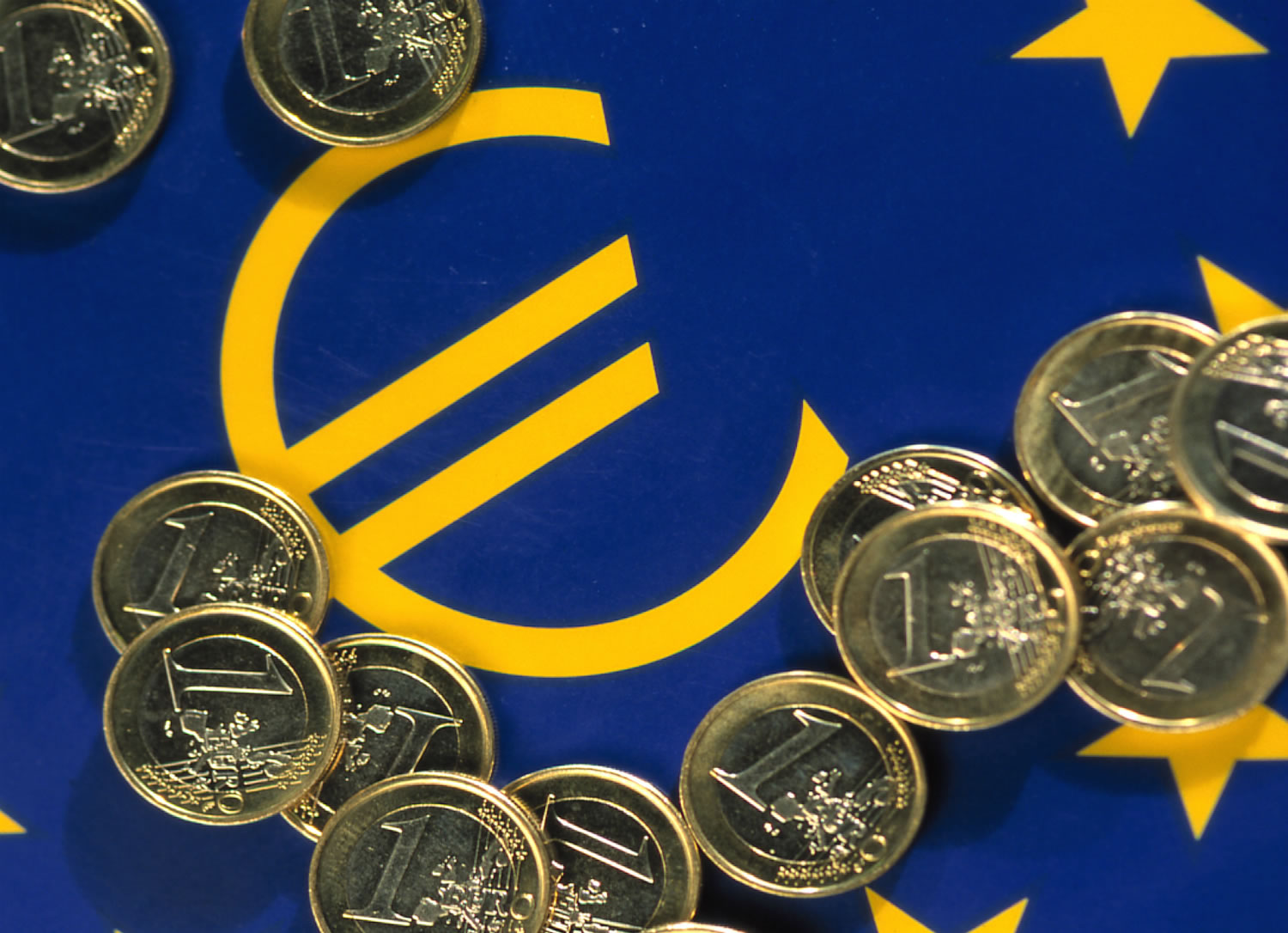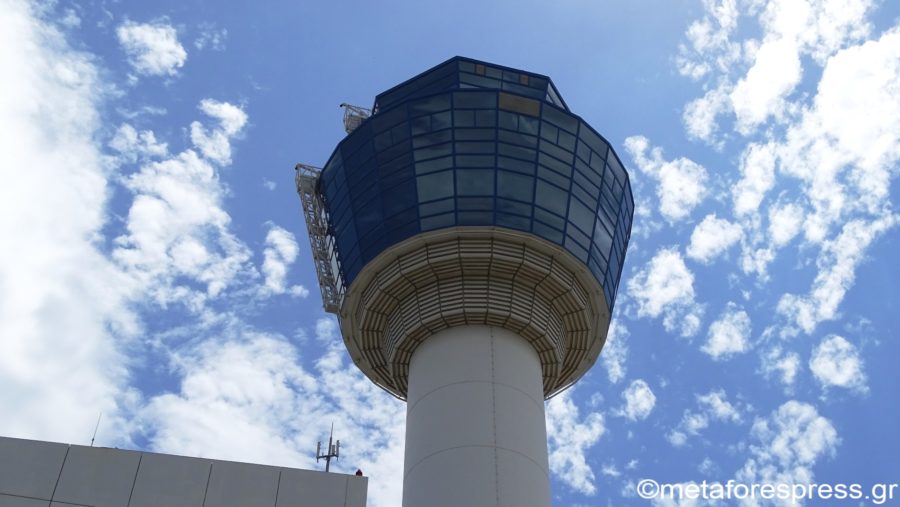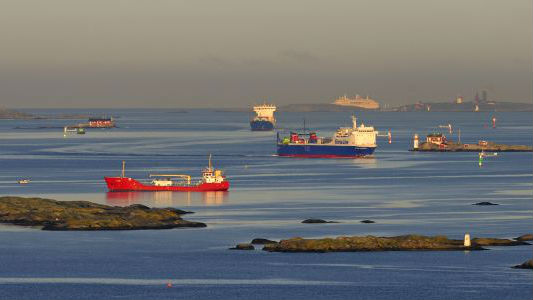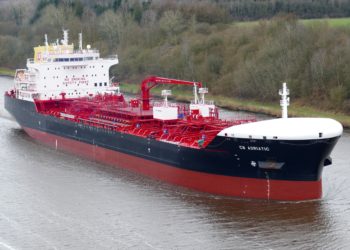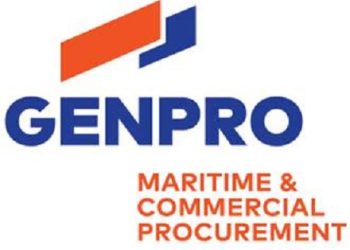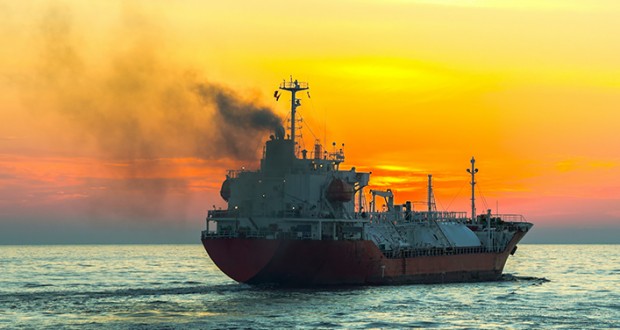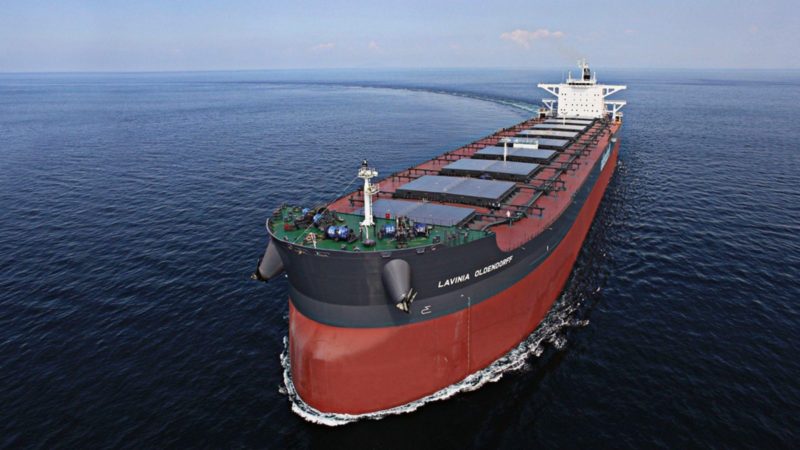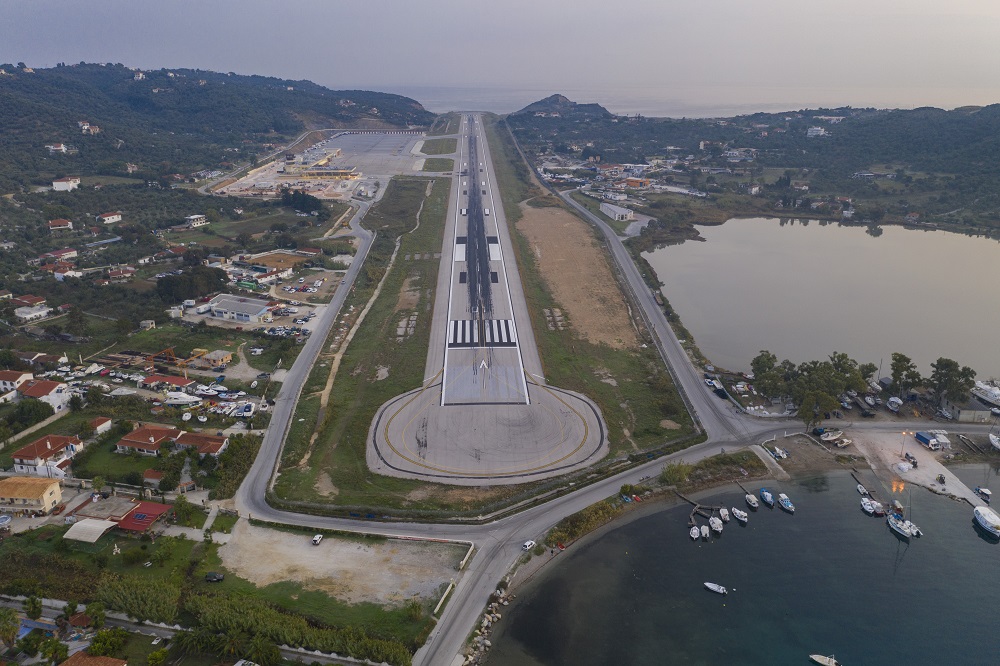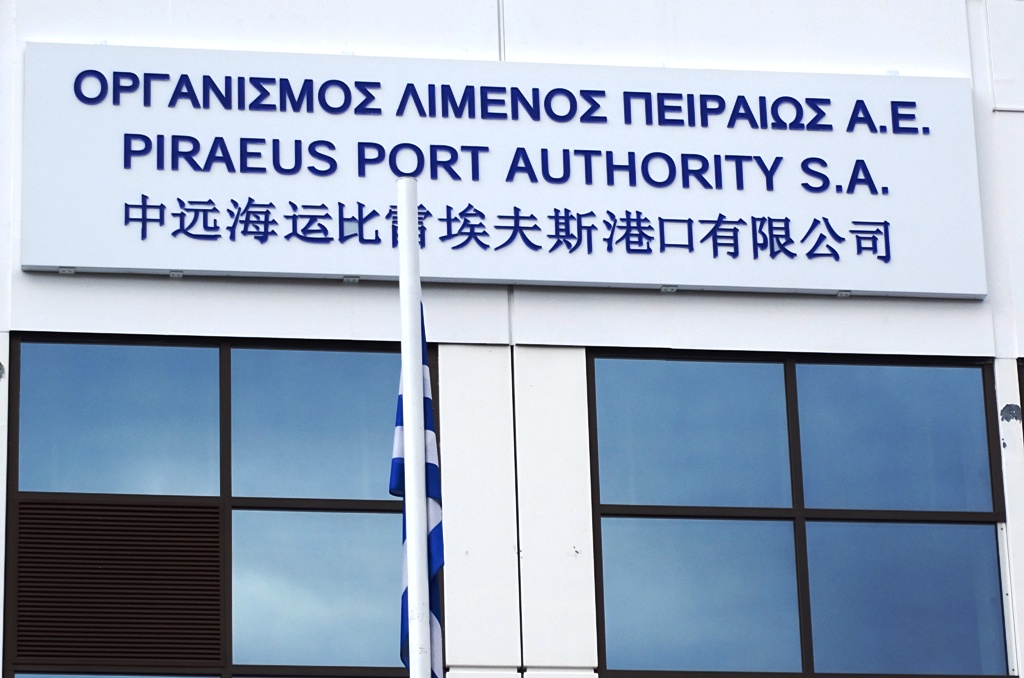The European Commission has found Croatian plans to grant HRK 250 million (€34 million) to ensure regular ferry connections on five routes between Croatian islands and the mainland to be in line with EU State aid rules.
The public funding will contribute to the connectivity and development of the islands without unduly distorting competition in the Single Market.
Commissioner Margrethe Vestager, in charge of competition policy, said: “For citizens living on Croatian islands, a connection to the mainland is essential. So I’m happy that we are approving public support for ferry connections ensuring the link between five Croatian islands and the rest of Croatia not only during the peak tourist season in the summer, but throughout the year.”
The Commission has approved under EU State aid rules Croatia’s plan to grant public service compensation for the operation of five ferry routes serving passengers and vehicles between:
-Preko on the Island of Ugljan, the Island of Ošljak and Zadar/Gaženica on the mainland,
-Tkon on the Island of Pašman and Biograd on the mainland,
-Sućuraj on the Island of Hvar and Drvenik on the mainland, and
-Stari Grad on the Island of Hvar and Split on the mainland.
The public support will be granted to maritime companies, which will be selected through public tenders organised by the Agency for Coastal Lines and Maritime Traffic (Agencija za obalni linijski pomorski promet). The overall budget for the public service compensation is HRK 249.2 million (€ 33.8 million).
The public support will cover the difference between revenues from ferry tickets and the cost of operating the ferries regularly so as to allow the islands’ inhabitants to commute daily to work or study, as well as to transport vehicles and supplies to and from the islands.
The Commission assessed the measures under EU State aid rules on services of general economic interest (SGEI) and EU rules on maritime cabotage.
The Commission found that the State aid will contribute to the connectivity and to the social and economic development of the islands. The aid is necessary to ensure operation of the routes with adequate frequencies over the whole year, since ticket revenues exceed the cost of the ferry operations only during the summer peak season.

